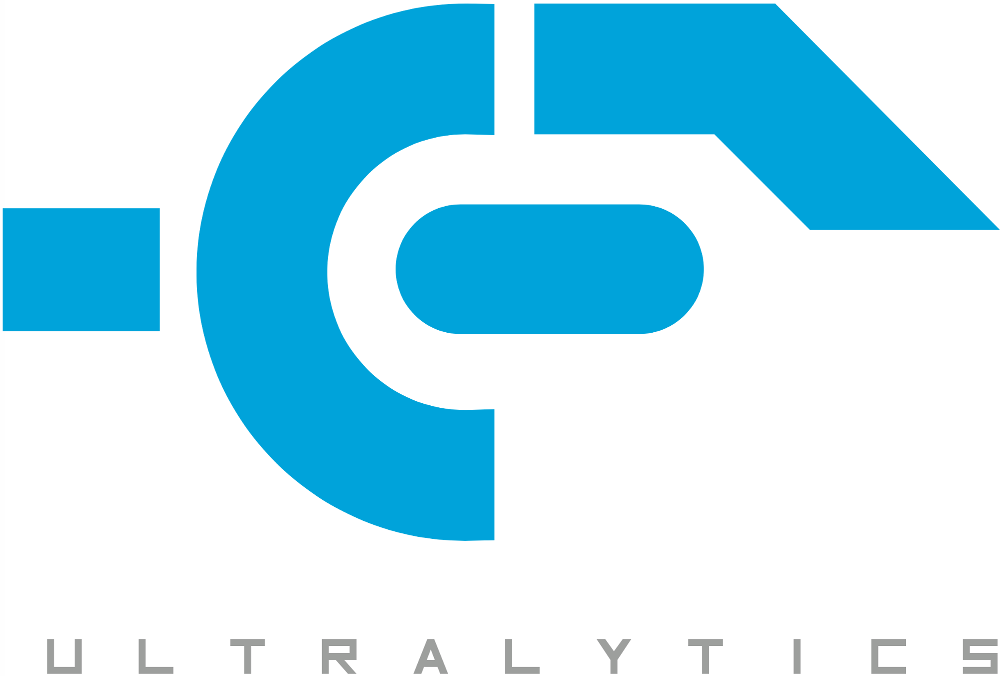This directory contains software developed by Ultralytics LLC, and is freely available for redistribution under the MIT license. For more information on Ultralytics projects please visit: http://www.ultralytics.com.
The https://github.com/ultralytics/xview-yolov3 repo contains code to train YOLOv3 on the xView training set for the xView challenge: https://challenge.xviewdataset.org/. Credit to Joseph Redmon for YOLO.
Python 3.6 or later with the following pip3 install -U -r requirements.txt packages:
numpyscipytorchopencv-pythonh5pytqdm
Download xView data from https://challenge.xviewdataset.org/data-download.
Before training, targets are cleaned up, removing outliers via sigma-rejection and creating 30 new k-means anchors for c60_a30symmetric.cfg with the MATLAB file utils/analysis.m:
Start Training: Run train.py to begin training after downloading xView data with and specifying xView path on line 41 (local) or line 43 (cloud).
Resume Training: Run train.py -resume 1 to resume training from the most recently saved checkpoint latest.pt.
Each epoch consists of processing 8 608x608 sized chips randomly sampled from each (augmented) image at full resolution. An Nvidia GTX 1080 Ti will run about 100 epochs per day. Loss plots for the bounding boxes, objectness and class confidence should appear similar to results shown here. Note that overtraining starts to become a significant issue past about 200 epochs. Best validation mAP is 0.16 after 300 epochs (3 days), corresponding to a training mAP of 0.30.
datasets.py applies random OpenCV-powered (https://opencv.org/) augmentation to the full-resolution input images in accordance with the following specifications. 8 608 x 608 sized chips are then selected at random from the augmented image for training. Augmentation is applied only during training, not during inference. Bounding boxes are automatically tracked and updated with the images.
| Augmentation | Description |
|---|---|
| Translation | +/- 1% (vertical and horizontal) |
| Rotation | +/- 20 degrees |
| Shear | +/- 3 degrees (vertical and horizontal) |
| Scale | +/- 30% |
| Reflection | 50% probability (vertical and horizontal) |
| HSV Saturation | +/- 50% |
| HSV Intensity | +/- 50% |
Checkpoints will be saved in /checkpoints directory. Run detect.py to apply trained weights to an xView image, such as 5.tif from the training set, shown here.
Issues should be raised directly in the repository. For additional questions or comments please email Glenn Jocher at [email protected] or visit us at https://contact.ultralytics.com.





